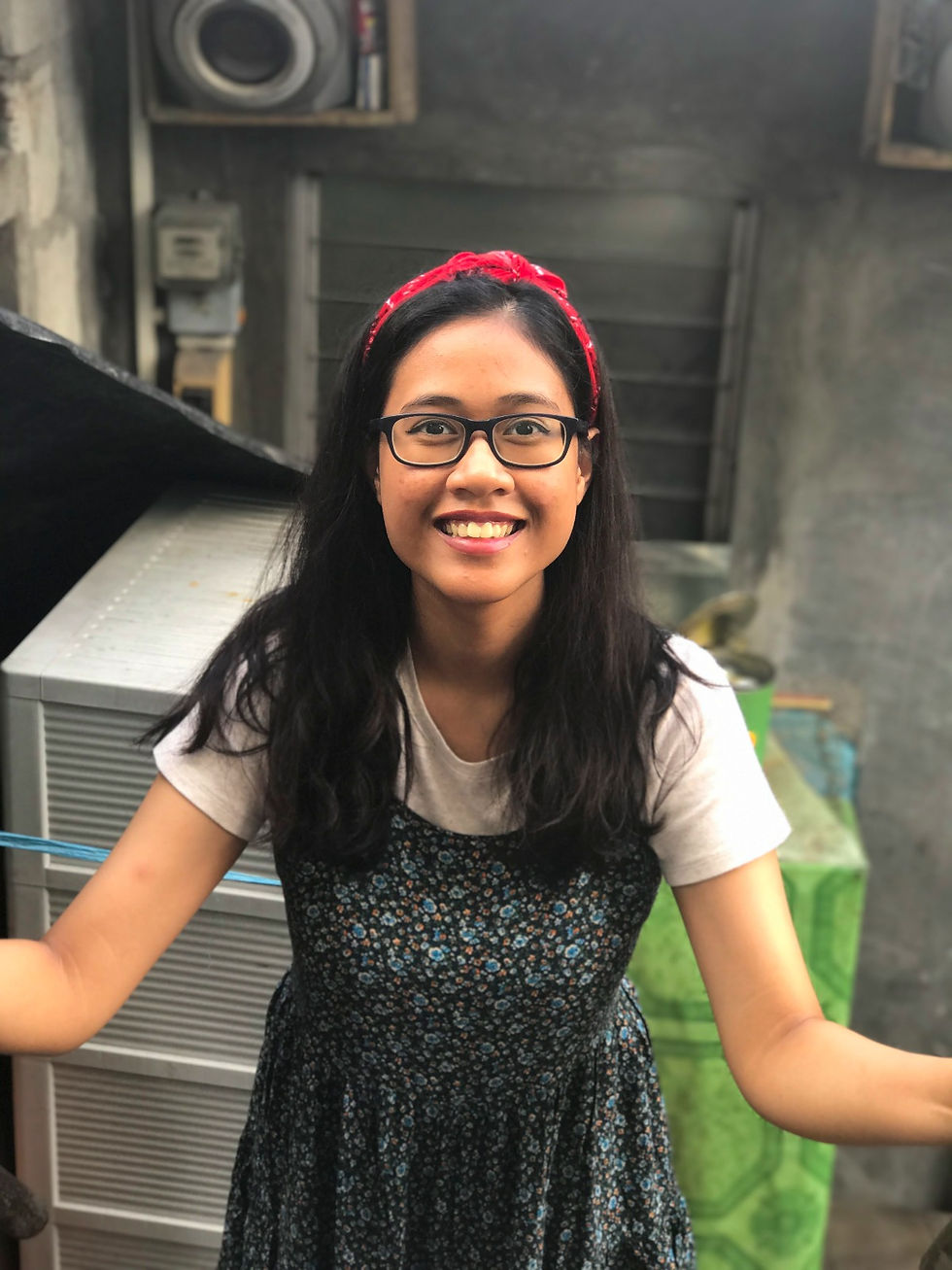Chua Jia Yun Coco's Reflection
- Our Reflections

- Jul 31, 2018
- 3 min read
Updated: Aug 10, 2018

Throughout the course of this project, I have gained a great deal of experience and knowledge in tackling current Early Childhood issues pertaining to Bilingualism in preschool centres. Following my team’s topic of interest, I have gained a wider perspective and deeper understanding about Bilingual curriculum in preschool through practical perspectives during interviews with principals and teachers, as well as theoretical perspectives through personal research and literature reviews about the topic.
Initially identified needs were the lack of teachers and resources to carry out a bilingual lesson. This led to us crafting out interview questions that were stewed towards our assumed needs. However, through surveys and interviews with centre principal and teachers, we had noticed the emphasis placed on the importance of quality teachers and collaboration between stakeholders for child’s development and implementation of Bilingualism. With this, I understood the importance of asking questions instead of forming our own assumptions. These assumptions could cloud and narrow our perspectives on issues, which would slow down progress and improvement of oneself and the society.
Despite my team and I had differing ideas of what is the main root needs of the issue, we remain open-minded to understand that both needs are dependent on another which had led the current standards of bilingualism curriculum being implemented. From this, I gathered that it is crucial in getting all stakeholders in the child’s life to come together and work towards the same goal for Bilingualism to be fully implemented. These reasons then support our proposed action plan which aims to promote the benefits of bilingualism to all key players (families, educators, school and community) in children’s lives.
Other than my own topic of interest which I have explored, I also gained knowledge about other issues that my peers are interested about during their presentations. This had allowed me to be more aware of emerging issues such as play-based curriculum and holistic development, and how I can contribute to this sector.
Personally, I was able to hone organizational, communication and problem-solving skills while working on this project.
For organizational skills, I was able to practice my time-management skills. With the numerous stages of the project (from planning to implementing), I have gained a better sense of work gauge to correctly allocate sufficient time to complete each task. This allowed for more detail to areas of work such as analyzing and brainstorming of recommendations. I was also able to delegate tasks to my group members according to their strengths such as animation and video-creating, writing/categorizing ideas, contacting/collaborating with networks through interviews and survey and arranging of implementation materials and contents on the website. This increased the productivity of the project as each member can contribute more efficiently and effectively through their strengths.
In terms of communication skills, I was given opportunities to practice active listening. For instance, during interviews with the centre principal, it was important for me to listen with understanding from her perspectives. Only with active listening, I can better identify the underlying key concerns in the sector. I was also able to remain open-minded during discussions with team members and the Principal. This is to enter a conversation about being open to listening and understanding the other’s point of view rather than getting my own message across. Through this, I was able to gather more honest and productive conversations. This is also relevant to being open to gaining feedback on comments from the Principal regarding the proposed action plan which allowed me to clarify or make further improvements to the ideas.
For problem-solving skills, I was able to balance between creativity and feasibility of my recommendations. Through analyzing of data with my peers, we were able to relate the solution to cater to different areas of concerns we had identified (such as collaboration between teachers and collaboration with the community). In addition, I recognized that I may require more practice in terms of being more concise and clearer in expressing my ideas. While writing of the needs analysis and recommendations, I tend to include an excessive amount of information which distracts the purpose from the main issue I was highlighting. I have learnt to be more concise by simplifying my ideas and grouping into categories before writing.
Overall, I felt empowered as I was able to make contributions to the industry. This enabled me to understand that proactiveness of oneself can be transferred to others (teachers, community and parents). With this, it empowers more people to work towards a common goal, and the children will ultimately be positively affected by all our collective efforts. Despite the size or magnitude of my team’s suggestions, it would definitely have an impact which powers and sets as the stepping stones to progressing as an industry.




Commenti